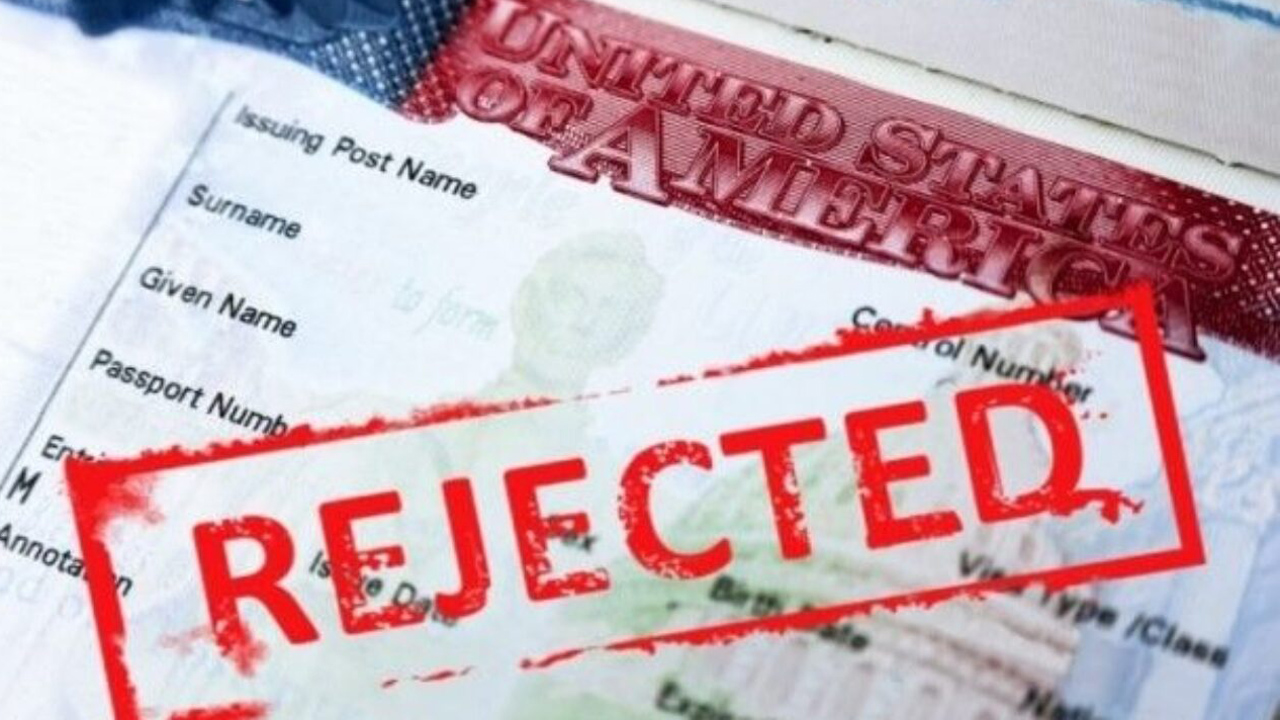VivaJets CEO Chukwuerika Achum has called for unified aviation reform in Africa’s aviation ecosystem, urging governments, regulators, and financial institutions to address deep-rooted operational barriers that continue to stifle the industry’s growth and competitiveness.
Speaking during a session at the Africa Financial Summit (AFIS 2025), Achum outlined the structural challenges that have long slowed down aviation operations across the continent, from complex regulations and visa restrictions to low trust among African businesses and high insurance premiums.
“The trust currency is very low in Africa,” Achum said. “When we operate across the continent, vendors want cash upfront, while European operators get 30-day credit terms. That imbalance tells you everything about how we trust, or don’t trust ourselves.”
Achum pointed out that despite international aviation standards set by the International Civil Aviation Organization (ICAO), African airline crews still face unnecessary visa restrictions that hinder efficiency.
“Annex 9 of ICAO grants facilitation for airline crews, yet our Nigerian crews still need visas to enter some African countries like Morocco,” he said. “There’s no clear explanation why an African crew needs a visa to access another African nation.”
He also highlighted how inconsistent regulatory processes, such as landing and overflight permits, delay operations and add avoidable costs. “To fly from Lagos to Addis Ababa, you must apply for a landing permit that can take up to 72 hours to process. No one can clearly explain the approval criteria,” he said.
Another pressing issue, according to Achum, is the cost of insurance and reinsurance. “In Nigeria, local regulations require that Nigerian assets be insured domestically. Yet reinsurers in London still charge an extra premium for African-based aircraft,” he explained. “That adds a layer of cost and puts African operators at a disadvantage compared to Western companies.”
He also drew attention to the currency-conversion challenges that raise operating expenses.
“Operating in Africa means paying twice for every transaction, once to convert to U.S. dollars and again to convert into local currencies,” Achum noted. “Paper agreements like PAPS don’t yet solve this reality.”
Despite these challenges, Achum remains optimistic about the continent’s potential. He acknowledged improvements in navigation technology and regional cooperation but stressed that meaningful progress will depend on policy harmonization, financial trust, and regional collaboration.
He urged African governments and financial institutions to work toward standardizing aviation regulations and permit processes, enforcing ICAO Annex 9 to ease crew movement, expanding local insurance and reinsurance capacity, building stronger credit and trust systems for African operators, and simplifying cross-border payments and currency exchange mechanisms.
“Africa’s skies should connect us, not divide us,” Achum concluded. “We have the people, the planes, and the passion. What we need now is trust, coordination, and courage to reform.”





